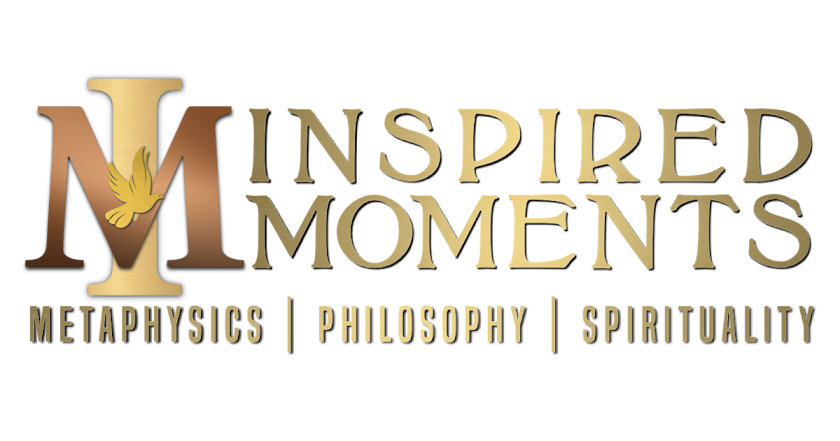Plato And The Logos
Greek Philosopher Plato - History
Plato is an influential ancient Greek philosopher who was born in the year 427 BC in Athens, Greece. He was the son of wealthy Athenian parents and he began his philosophical career as a student of Socrates.
After his father’s death, his mother married a friend of Pericles so he was politically connected to both the oligarchy and democracy. Oligarchy is a form of government where most or all political power effectively rests with a small segment of society which is typically the most powerful, whether it is by wealth, family, military strength, ruthlessness, or political influence.
His mother’s brother and uncle tried to persuade him to join in the oligarchical rules of Athens, however, Plato joined his two older brothers to become a student of Socrates. Socrates forced these men to adopt the ideas and beliefs he critically laid down in the areas of “Know thyself.”
Plato was not a friend of the Thirty Tyrants, who were in power during this time. This group was a pro-Spartan oligarchy installed in Athens, and one of its two leading members was a follower of Socrates.
The Thirty severely reduced the number of rights of Athenian citizens. Only a specially selected 500 could participate in legal functions, about 3000 people had the right to carry weapons or receive a jury trial.
Hundreds of Athenians were killed by orders to drink hemlock, and thousands more were exiled. So, Plato alienated them by his method of critical interrogation and he was brought to trial with capital crimes of religious impiety and corruption of youth. He was ultimately sentenced to death. His friends came to his aid and offered to pay a fine versus the death penalty.
Greek Philosopher Plato - Influences
Plato was greatly influenced by Socrates, and many of his dialogues had this man as a character in the content. Therefore, many of his early works were likely borrowings or adaptations from Socrates himself. This is questionable as to how much of the content and argument of any given dialogue is actually Socrates’ point of view and how much of it is Plato’s. Socrates, himself, it is said did not write down any of his teachings.
Plato’s writings dealt with debates concerning the best possible form of government featuring adherents of aristocracy, democracy, monarchy, as well as other issues. The central theme in most of them is the conflict between nature and convention, the role of heredity and the environment on human intelligence and personality.
After Socrates’ death, Plato founded a school in Athens in a grove sacred to the demigod Academus. It was called the Academy (which is where we get the word, academics). It was considered a university of higher learning including physical science, astronomy, and mathematics as well as philosophy. Plato delivered lectures which were never published.
Plato passed away in 347 BC at about the age of eighty, but it is not known what caused his death.
Greek Philosopher Plato – Logos
Logos is the Greek term meaning “the Word.” Greek philosophers like Plato used Logos not only of the spoken word but also of the unspoken word, the word still in the mind - the reason. When applied to the universe, Greeks were speaking to the rational principle that governs all things. Keep in mind the Biblical Book of John refers to the "word" and many have mistaken this to be Jesus. It is not. It is The Logos of Theos (God/Source)
A Greek philosopher named Heraclitus first used the term Logos around 600 BC to designate the divine reason or plan which coordinates the entire universe. Monotheistic Hebrews used Logos to refer to God, since God was the rational mind - or reason - behind the creation and coordination of the universe.
Thus, back to John (or the author of the biblical book of John) also used a very special word - Logos - that was meaningful to both the Hebrews and the Greeks during the first century CE.
“In the beginning was Logos (the Word), and the Logos was with God (Theos), and Logos was God (Theos). (The Logos) He was with God in the beginning. Through Him (the Logos) all things were made; without him (the Logos) nothing was made that has been made. Logos (The Word) became flesh and made his dwelling among us. We have seen his glory, the glory of the One and Only, who came from the Father, full of grace and truth” (John 1:1-3, 14).
To go one step further, The Word, or Logos ... "became flesh and made his swelling among us" ... is the Christ within mankind. Not the man from Galilee. The Divine Spark of God/Source, the Christ Consciousness, dwells within mankind. This is the esoteric meaning to the allegory. The Logos ... or reasoning of God ... was implanted in man ... the begotten of God.
Even today, every company has a LOGO. It is representative of what they do. It is their trademark. The word is also incorporated into the use of LOGIC, LOGICAL, and LOGISTICS. It isn't Jesus, or the Bible that is the "word" of God ... it is the mind, reason, thoughts, and designs emanating from Source Energy or God. Don't take my "word" for it, do you research. Your spirituality and your Soul depend on it.
Just a thought ...
~Justin Taylor, ORDM., OCP., DM.
